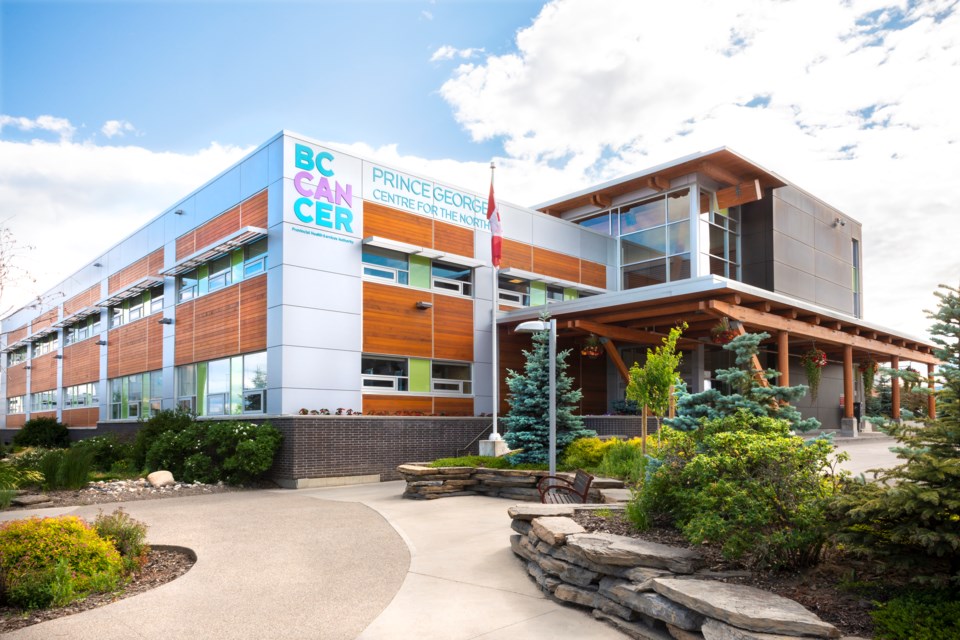Canadian Tire owner Selen Alpay and his wife Anita have donated $500,000 in support of a fundraising campaign to support a new, cutting-edge international precision radiation clinical trial, which will be led by Dr. Rob Olson, research lead and radiation oncologist and his team at the B.C. Cancer Centre for the North in Prince George.
The Alpays previously supported Olson’s work through a $100,000 gift in 2022.
“Many of us have had loved ones treated at BC Cancer – Prince George and know the importance of the work done in the centre,” Alpay said. “I’m proud to be able to give back, knowing the research they’re conducting here will improve lives in our city and across the world. I hope this gift inspires others to join in support of the BC Cancer Foundation.”
The goal is to raise $2.2 million during the campaign.
The new clinical trial, called SIMPLIFY, will be available at all six BC Cancer centres and at least 15 international sites. The trial will help shape the future of precision radiation therapy internationally and further demonstrate BC Cancer’s global leadership in cancer research and innovation.
SIMPLIFY will test the use of a single dose of Stereotactic ablative radiotherapy (SABR), a high-precision therapy that delivers higher doses of radiation to the tumour site, while limiting doses to healthy tissues, and is expected to reduce side effects and increase the chance of a complete remission for people with metastatic cancer.
Findings from Dr. Olson’s previous SABR trial, SABR-5, were published last fall with positive results. The trial used up to eight SABR treatments and found side effects from SABR are low and the control of cancer spread is high (90 per cent at one year). Importantly, it found SABR treatments led to complete remission for some metastatic patients, where existing therapies are only effective at slowing or reducing the tumours.
“SABR destroys cancer cells and cancer DNA at the molecular level,” Olson said. “Our goal is to provide this revolutionary solution for the most difficult to treat cancers with less toxicity. We are not only attempting to keep toxicity rates low and control rates high, but we are now also focusing on making it more cost-effective and convenient for patients by testing high dose, single treatment SABR. We’re proud to be leading a global movement here in Prince George to make SABR the standard of care.”
To support the campaign or learn more visit bccancerfoundation.com/north



